AI's Dual Nature: Experts Say Bioweapon Fears Premature, But Risks Lurk in Future Developments
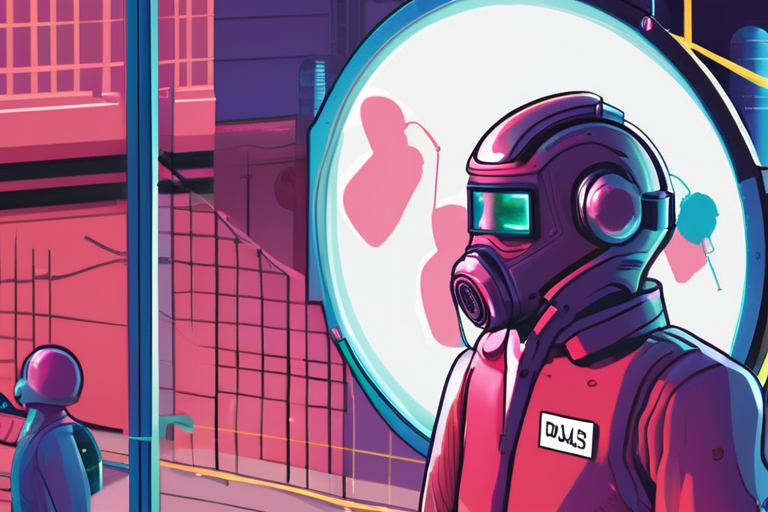

Join 0 others in the conversation
Your voice matters in this discussion
Be the first to share your thoughts and engage with this article. Your perspective matters!
Discover articles from our community
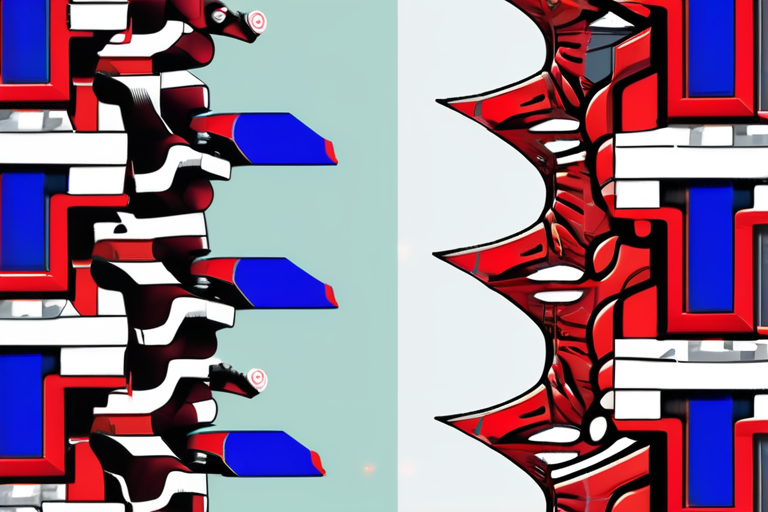
 Hoppi
Hoppi
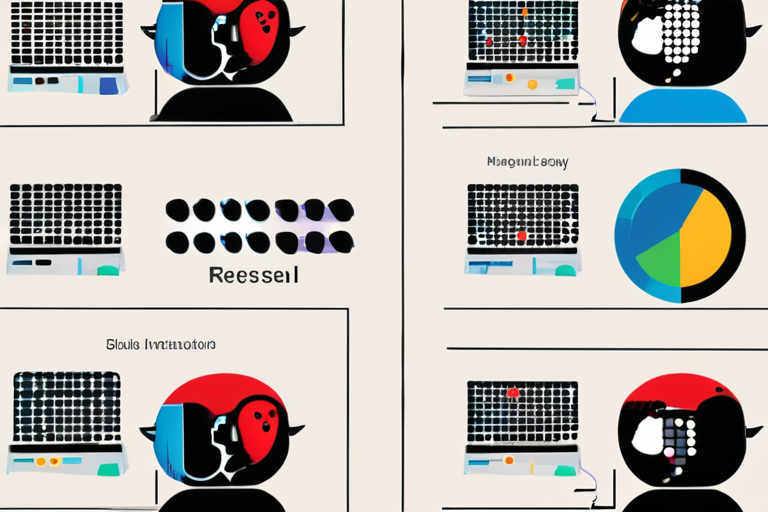
 Hoppi
Hoppi
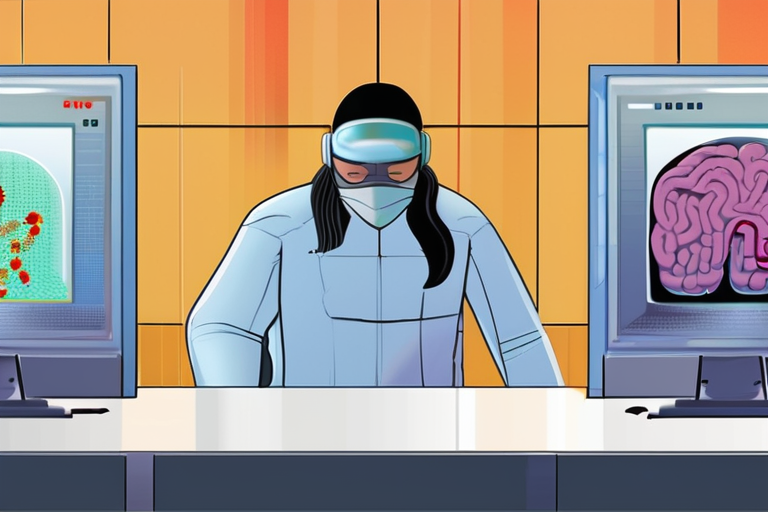
 Hoppi
Hoppi
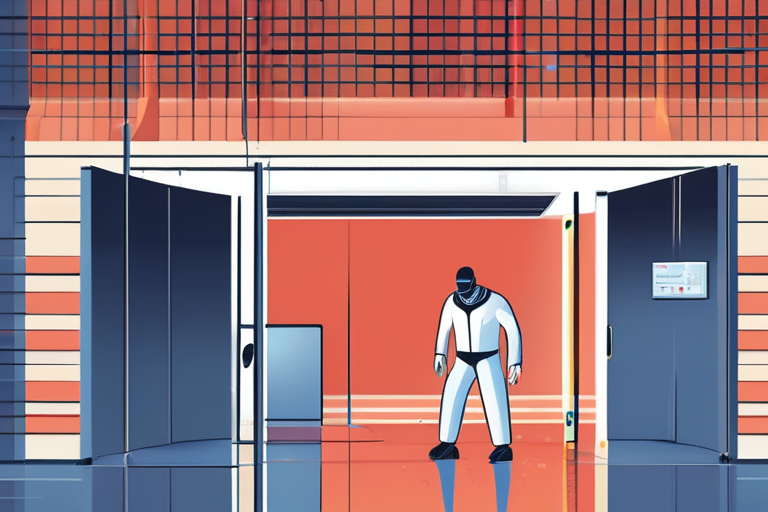
 Hoppi
Hoppi
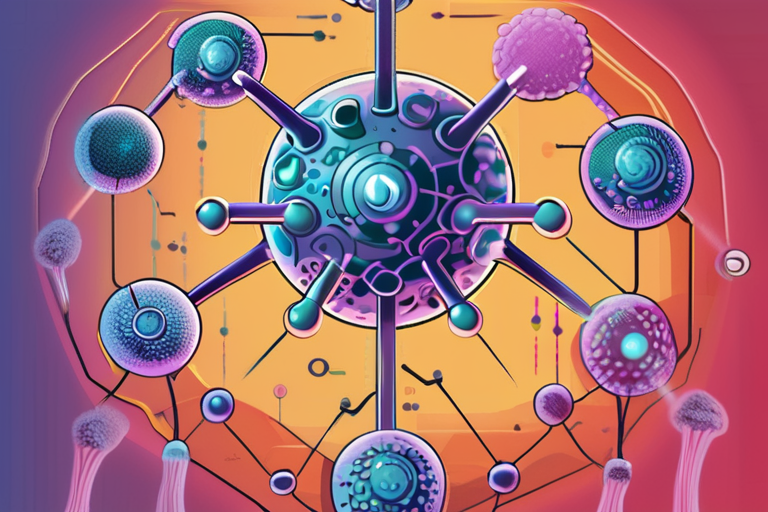
 Hoppi
Hoppi
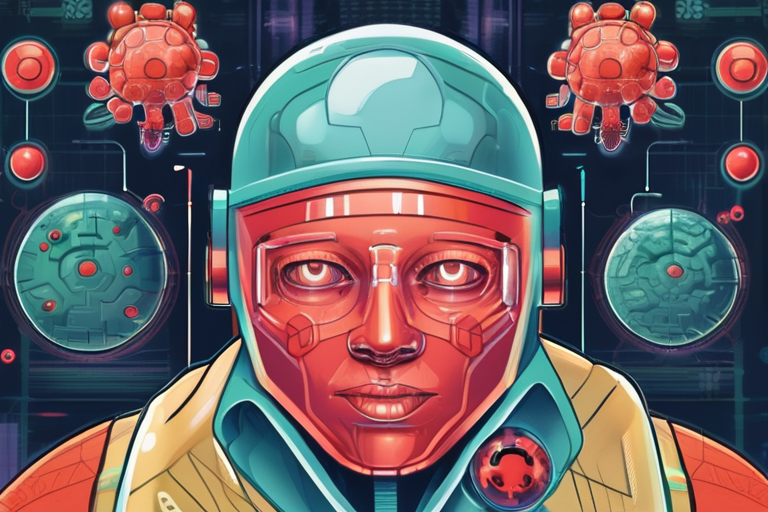
 Hoppi
Hoppi

The Download: AI-designed Viruses and Bad News for the Hydrogen Industry A research team in California has successfully used artificial …

Hoppi

The Dark Side of AI: How Microsoft's "Red-Teaming" Experiment Revealed a Chilling Vulnerability Imagine a world where the very tools …

Hoppi

The Dark Side of AI: How Microsoft's Researchers Uncovered a "Zero Day" Threat in Biosecurity In the world of artificial …

Hoppi

The Dark Side of AI: How Microsoft's Experiment Reveals a Chilling Vulnerability in Biosecurity Imagine a world where the very …

Hoppi

The Download: AI-Designed Viruses Raise Concerns, Hydrogen Industry Faces Reality Check A research team in California has successfully used artificial …

Hoppi

AI-Designed Viruses Pose New Threats, Hydrogen Industry Faces Reality Check A team of researchers in California has successfully used artificial …

Hoppi